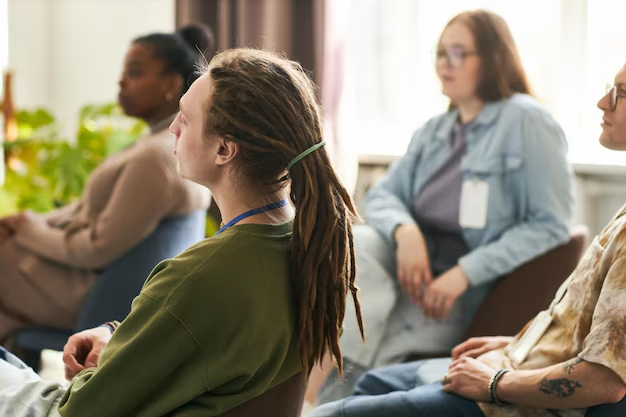How to Become a Mental Health Volunteer: Degrees, Certifications, and Training
Embarking on the journey to become a mental health volunteer can be a fulfilling and impactful experience. While you may not need an extensive array of formal qualifications, gaining certain degrees and certifications can greatly enhance your ability to support those in need effectively. A foundational understanding of psychology or social work, often obtained through a Bachelor's degree, can provide you with essential knowledge about mental health issues, human behavior, and counseling techniques. Additionally, specialized certifications, such as Mental Health First Aid, equip volunteers with critical skills to recognize signs of mental distress and provide initial support until professional help is available. Pursuing this learning path not only deepens your insight but also amplifies your effectiveness as a volunteer in the mental health arena.
For those eager to take a step further, programs like crisis intervention training or courses in specific therapeutic techniques can be beneficial. While these educational opportunities are not strictly mandatory, they garner a deeper comprehension of mental health dynamics and prepare you for a broader scope of volunteer roles. Engaging in these programs is not just about fulfilling requirements but about empowering yourself with the tools and knowledge to create a more positive and meaningful impact in the lives of individuals struggling with mental health challenges.
Degrees, Certificates, and Licenses for Aspiring Mental Health Volunteers
- 🎓 Bachelor's Degree in Psychology or Social Work
- 📜 Mental Health First Aid Certification
- 🧠 Crisis Intervention Training
- 🗣️ Certification in Counseling & Therapeutic Techniques
- 📚 Introduction to Psychiatry (Online Courses)
